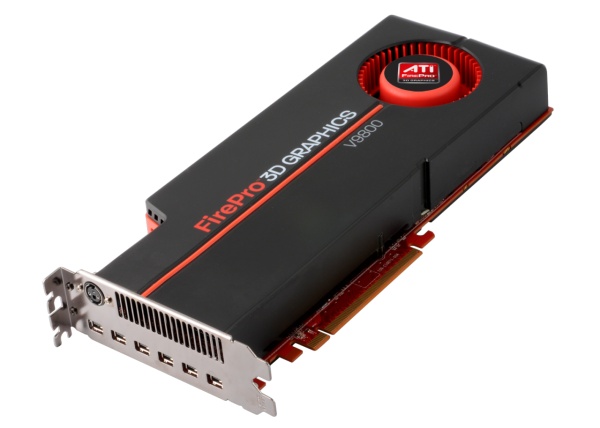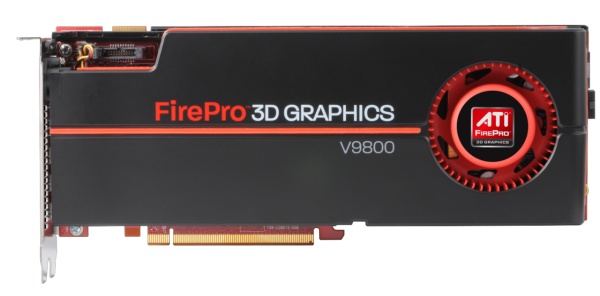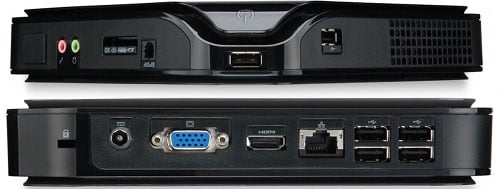Today 377 members of the European Parliament adopted a
written declaration on the Anti-Counterfeiting Trade Agreement (ACTA) in which they demand greater transparency, assert that ISPs should not up end being liable for data sent through their networks, and say that ACTA "should not force limitations upon judicial due process or weaken fundamental rights such as freedom of expression and the right to privacy."
The "
written declaration" has no binding force; any MEP can issue one (there's a 200-word maximum), which is adopted when more than half of all MEPs sign on. If adopted, "written declarations are printed and posted on a board at the entrance to the Chambers in Strasbourg and Brussels." They also go up on the Web and get passed on to the European Commission.
But the declaration does give the ACTA negotiators a sense of the parliamentary will; in this case, Parliament has many concerns about both substance and process.
Some of these have already been addressed; the most recent leaked ACTA draft shows that ISP liability has been removed, for instance. Others, like concerns of access to medicines, especially those in transit from countries with looser patent systems, continue to be areas of concern—and have been for some time.
La Quadrature du Net, a French group that heavily backed the declaration, sees it as a sign that ACTA is doomed.
"Written Declaration 12 is a strong political signal sent by the EP to the Commission that ACTA is not tolerable as a way of bypassing democratic processes. Legislation related to Internet, freedom of speech and privacy cannot be negotiated in secrecy under the direct influence of entertainment industry lobbies," said spokesperson Jérémie Zimmermann. "Full rejection of ACTA is the only option."





